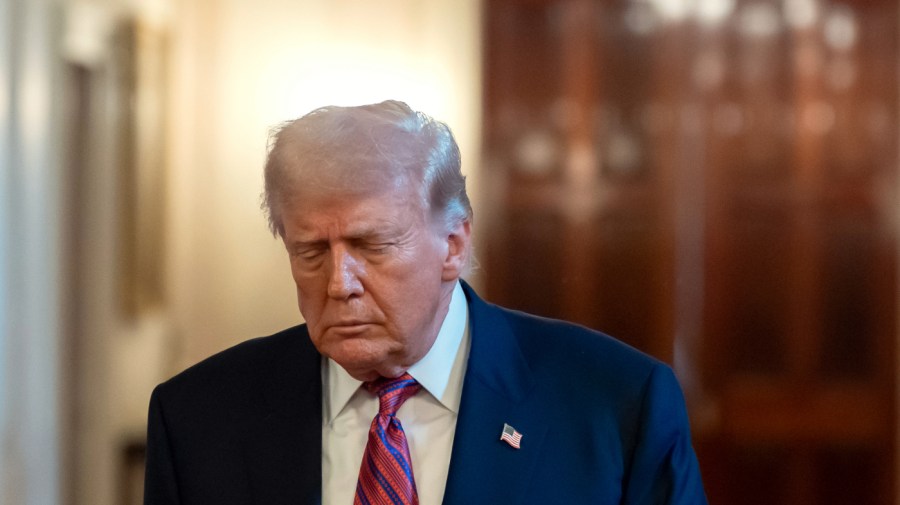Concerns are growing that foreign intelligence agencies, particularly those from China and Russia, are seeking to exploit weaknesses in American politics. The legacy of convicted sex offender Jeffrey Epstein continues to resonate, as his connections to prominent figures, including former President Donald Trump, raise questions about political integrity and national security.
Recent reports indicate that these foreign powers are closely monitoring the political landscape of the United States, identifying opportunities to manipulate divisions and exploit vulnerabilities. Intelligence experts warn that the existing flaws within the U.S. political system can serve as openings for adversaries aiming to undermine democratic processes.
Foreign Interest in American Political Dynamics
The ongoing scrutiny of U.S. political figures, many of whom have ties to Epstein, underscores a broader narrative that foreign intelligence organizations are eager to capitalize on. Investigations into Epstein’s network have revealed connections to influential politicians and business leaders, drawing attention to potential leverage points that could be used by foreign adversaries.
According to various analysts, Russia and China are particularly adept at using disinformation campaigns to influence public perception and exacerbate divisions within the U.S. Political analysts from institutions such as the Brookings Institution suggest that these countries are employing sophisticated tactics to sow discord among the American populace.
This situation is compounded by an increasingly polarized political environment, which creates fertile ground for manipulation. The potential for foreign interference in the upcoming electoral processes raises significant alarm for U.S. intelligence and security agencies.
The Impact of Political Vulnerabilities on National Security
The implications of these vulnerabilities extend beyond mere political rivalry. National security experts emphasize that foreign powers could leverage information gathered about political figures to conduct targeted operations. This could range from influencing elections to shaping policies that align with foreign interests.
The recent surge in political polarization in the United States has made it easier for external actors to exploit these divisions. As the political climate grows more contentious, the potential for misinformation and manipulation increases, posing a direct threat to the stability of American democracy.
Some officials within the U.S. government have begun addressing these concerns. They stress the importance of cybersecurity measures and public awareness campaigns designed to inform citizens about the risks of foreign influence. As the U.S. faces an evolving geopolitical landscape, these proactive steps may play a crucial role in safeguarding its political integrity.
In conclusion, the specter of Jeffrey Epstein continues to haunt American politics, revealing cracks that foreign intelligence agencies are eager to exploit. The convergence of political vulnerabilities, foreign interests, and national security concerns presents a complex challenge for the United States as it navigates an increasingly intricate global landscape.
